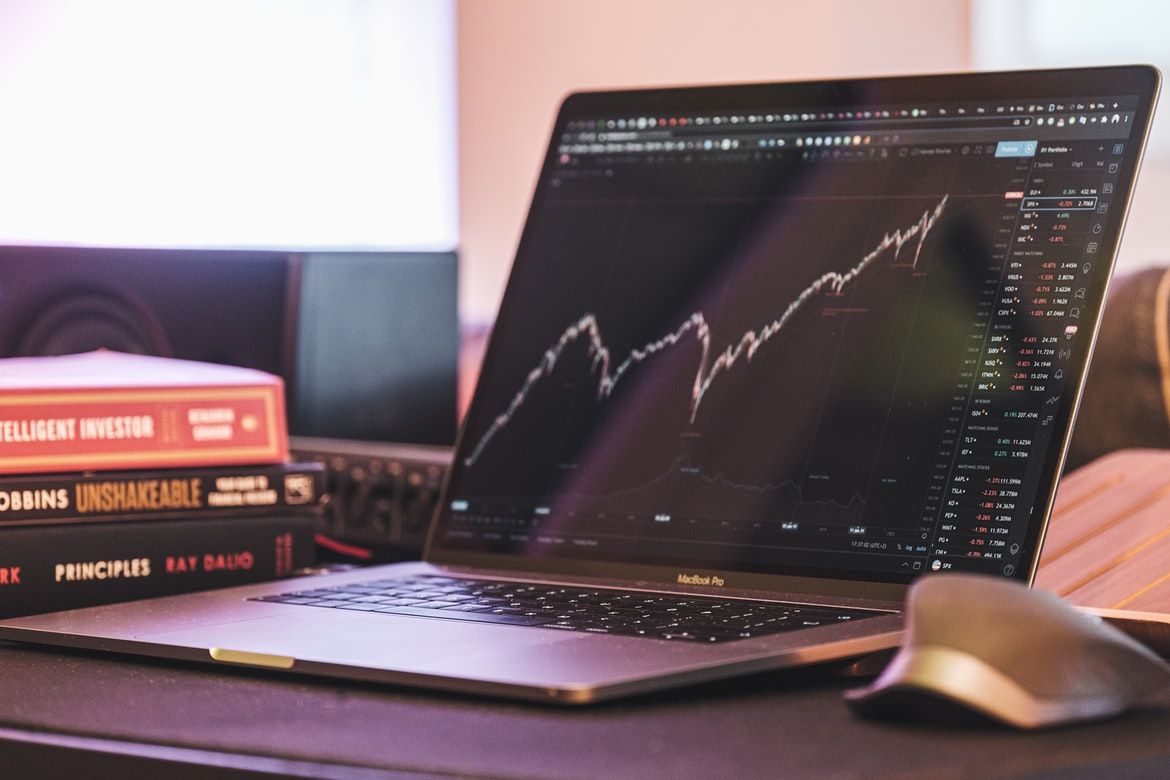Foreign institutional investors (FIIs) sold shares worth a net Rs 1649.36 crore, while domestic institutional investors (DIIs) purchased shares worth a net Rs 1059.46 crore in the Indian equity market on July 15, as per provisional data available on the NSE.
Also Read| GST rate hike: List of items that will become more expensive from July 18
In the month of June 2022, FIIs sold shares worth a net Rs 58,112.37 crore while DIIs bought shares worth a net Rs 46,599.23 crore.
Also Read| Here’s what depreciating rupee means for stock markets
Sensex jumped 344.63 points or 0.65% to 53,760.78 and Nifty was up by 110.55 points or 0.69% to 16,049.20.
Also Read| US inflation rate at a 40-year high | A timeline: 1930-2022
The Sensex touched a high and low of 53,811.37 and 53,361.62, respectively. There were 18 stocks advancing against 12 stocks declining on the index.
Also Read| Why US inflation is going up and when will it come down
Nifty traded in a range of 16,066.95 and 15,927.30. There were 35 stocks advancing against 15 stocks declining on the index.
Also Read| Explained: Why has RBI allowed international trade settlement in Rupee
FII stands for ‘foreign institutional investor,’ and refers to an investment fund or an investor who puts their money into a country’s assets while being headquartered outside of it.
Also Read| How to survive a market crash
In India, this is a commonly used term to refer to outside entities contributing to the country’s financial markets by investing.
Also Read| Great Depression to COVID: Top 5 market crashes in American history
On the other hand, ‘DII’ stands for ‘domestic institutional investors.’ Unlike FIIs, DIIs are investors that invest in the financial assets and securities of the country they are currently residing in.
Also Read| Impact of US Feds’ biggest rate hike since 1994 on India
These investment decisions of both FIIs and DIIs are impacted by political and economic trends. Additionally, both types of investors — foreign institutional investors (FIIs) and domestic institutional investors (DIIs) — can impact the economy’s net investment flows.







